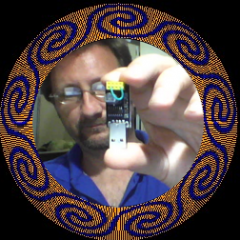Recently I found an awesome Android retro-gaming app – Super Retro Mega Wars, available on F-Droid. I was excited to introduce my son to the fun of Asteroids, Tetris, Snake and Tower Defense. Unfortunately the difficulty level was beyond a 7-year-olds’ abilities, and he soon lost interest.
All of the apps on F-Droid are open source, though, and I am an Android developer. Let’s see what I can do, I thought.
A few minutes later: I am pleased to present a kid friendly version of “Super Retro Mega Wars”, you can check it out here – Retro Wars Kid Friendly Version.
Changes include:
- Asteroids: instead of blowing up, the space ship destroys asteroids it touches
- Tetris: blocks and lines only
- Snake: slowed down to a manageable speed
- Tower Defense: more missiles and bigger explosions
All of this took me a total of around 10 minutes to set up, despite the app being coded in Kotlin (I am still transitioning from Java). Mainly this is due to the very clear way that the code is presented by the author – thank you @pserwylo, my son loves your game.
This brings me to the point of this article. Open source is amazing. It gives joy and empowerment to people from around the globe. There are loads of important projects out there that have a huge impact by being freely available and editable. Even a simple game app can make a difference – I know the source of this one is going to help me become a better developer.
I only wish the same could be said for vaccines. Imagine a world where we could say that scientists gave away their recipes with the hope that others could use and build on their work*.
*I am aware that many do, just none that I am aware of who are involved in producing the current commercially available Covid-19 vaccines.**
**Thought provoking further reading: https://jacobinmag.com/2021/02/finland-vaccine-covid-patent-ip/ – I have no affiliation, just an interesting article about a failed attempt at making an open source Covid-19 vaccine in Finland.
